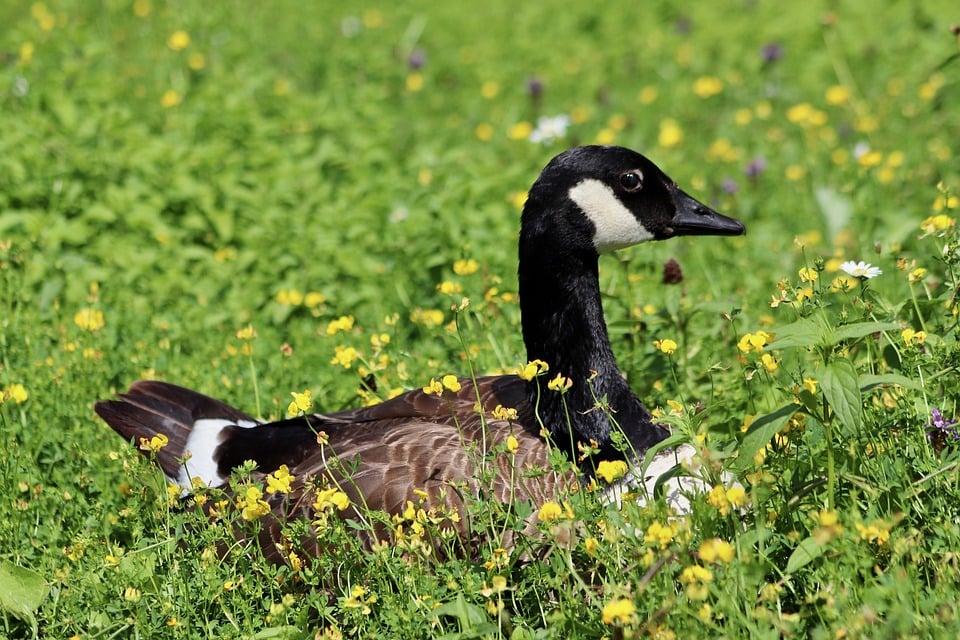In today’s fast-paced world driven by technological advancements and rapid changes, the preservation and adaptation of old traditions can be a challenging yet rewarding endeavor. While some may view traditions as outdated or irrelevant in the modern age, others recognize their significance in providing a sense of continuity, identity, and connection to our roots. In this article, we will explore the intricate relationship between old traditions and the modern age, delving into the historical context, current state, and future predictions of how these two worlds intersect.
Historical Context
Traditions have been an integral part of human societies for centuries, serving as a way to pass down cultural beliefs, values, and practices from one generation to the next. Whether it be through rituals, ceremonies, or customs, traditions play a crucial role in shaping our collective identity and providing a sense of belonging. However, as societies evolve and technology advances, the preservation of old traditions can become increasingly challenging.
Throughout history, various factors such as globalization, industrialization, and urbanization have led to the erosion of traditional practices. As communities become more interconnected and cosmopolitan, the dynamics of tradition are often disrupted, leading to a loss of authenticity and cultural heritage. Yet, amidst these changes, there are also efforts to revive and reinterpret old traditions in innovative ways that resonate with modern audiences.
Current State
In the modern age, the intersection of old traditions and contemporary society presents a complex landscape where the past and present coexist. While some traditions may have faded into obscurity, others have found new life through digital platforms, social media, and cultural initiatives. Traditional crafts, art forms, and performances are being preserved and promoted through online channels, reaching a global audience beyond traditional boundaries. For example, festivals, dances, and culinary traditions that were once confined to local communities are now showcased on virtual platforms, allowing people from different parts of the world to experience and appreciate them.
Moreover, the resurgence of mindfulness practices, wellness rituals, and eco-friendly lifestyles reflects a growing interest in reconnecting with nature and ancient wisdom. Practices such as yoga, meditation, and herbal remedies are being embraced by individuals seeking balance, harmony, and healing in a fast-paced world. By blending old traditions with modern sensibilities, a new wave of holistic living is emerging that values sustainability, authenticity, and cultural diversity.
Future Predictions
As we look to the future, the integration of old traditions into the modern age is likely to continue evolving in dynamic and creative ways. With advancements in technology, there are opportunities to digitally preserve, document, and share traditional knowledge and practices for future generations. Virtual reality, augmented reality, and artificial intelligence can be harnessed to create immersive experiences that bring ancient traditions to life in interactive and engaging ways.
Furthermore, the concept of sustainable living and conscious consumerism is expected to drive a resurgence in traditional crafts, artisanal products, and local economies. As people become more mindful of the impact of their choices on the environment and society, there is a renewed appreciation for handmade, ethically sourced, and culturally rich products that tell a story and support local communities. By valuing quality over quantity and embracing the uniqueness of traditional craftsmanship, individuals can contribute to the preservation and revitalization of old traditions in a modern context.
Conclusion
In conclusion, navigating the intersection of old traditions and the modern age requires a delicate balance of preserving the past while adapting to the present. By honoring and respecting the wisdom of our ancestors, we can find inspiration, meaning, and guidance in a rapidly changing world. As we embrace innovation, diversity, and interconnectedness, we have the opportunity to create a future that celebrates the richness and diversity of our cultural heritage. Let us continue to treasure and share old traditions as we embark on this journey of discovery and renewal. Thank you for reading and may you find joy in exploring the depths of tradition in the modern age.
For further resources on this topic, we recommend exploring reputable academic journals, cultural institutions, and community organizations dedicated to the preservation and promotion of old traditions in the modern age.
